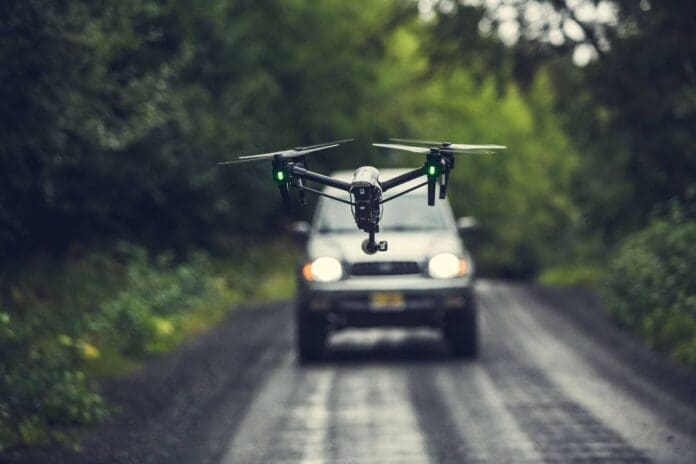Some think of drones as a recreational activity. Even something like competitive drone racing appears to be a fun way to pass the time in the eyes of most people.
Having said that, drones offer much more than a way to kill a few hours. There are multiple industries that benefit from drone usage.
Below, you will find some of the most notable examples of such industries and understand why drones have become so widely used.
- Real Estate and Industrialization
Put yourself in the shoes of a real estate agent who wants to produce appealing snapshots of the property.
There’s only so much you can do with a camera, particularly when it comes to reaching difficult areas or taking aerial photographs. The solution to this? That’s right, a drone.
Industrial properties are worth a mention as well. Those in charge of maintenance need to ensure that everything is in order. Detecting wear and tear and other potential hazards early on can save lives.
Instead of risking people, companies are using drones and their non-destructive test equipment to scan the surface and receive relevant information.
- Surveillance and Security
With the crime rate going up in certain areas, authorities are looking to innovate and introduce new means to fend off criminals.
Surveillance cameras, for instance, have their uses, but if they come in outdated models that have blind spots, it’s possible for criminals to go unpunished.
Drones are mobile and can cover much more area than a single camera. One downside is that cameras are static and don’t require people to control them at all times. Meanwhile, drones need somebody to pilot them, at least for one. In the future, drones might be smart enough to navigate and scan areas without needing controls from a real person.
- Agriculture
Farmers have to think about optimization regularly. Working in a large field does not require as much manpower as before.
Now, it’s common to rely on drones to water and fertilize crops. It saves resources since drones are quite reliable and accurate.
Besides, farmers no longer have to manually check each crop for pests. Thanks to high-resolution cameras and advanced multispectral sensors, drones identify pests before they grow out of control and cause significant problems for farmers.
- Logistics
Delivery is one of the most important parts of the logistics chain. With the rise of e-commerce, people in remote areas are free to place an order and expect goods to be delivered.
However, remote locations present a challenge to delivery companies. Some places might be more or less unreachable via usual transportation methods. Or, if they are reachable, it would take too long.
Drones don’t have to worry about terrain or obstacles in traffic. They offer an excellent alternative for delivery companies to ensure that even those customers in remote locations can expect the goods to be delivered.
- Insurance
One of the most underrated and less-known things about drones is how insurance agencies rely on them to collect detailed information and manage claims efficiently.
A drone inspects property before an insurance adjuster does. The streamlined approach is much more efficient, particularly when it comes to larger properties that require more intricate inspections and more time to gather the necessary information.
- Tourism and Hospitality
One of the best ways to sell a location to a potential tourist is by providing them with exciting shots of the scenery.
Aerial footage showcases the best a place has to offer. And it’s not just nature and its natural wonders. Hotels and resorts also use drones to create promotional campaigns emphasizing amenities and recreational activities the visitors enjoy.









